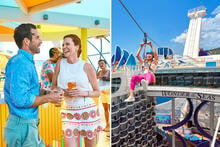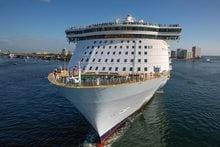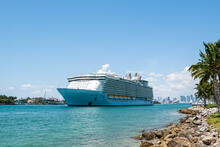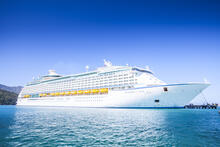Travel has its challenges, and a rising anti-tourism sentiment is one of them that is affecting cruise ships just as much as land tourists.
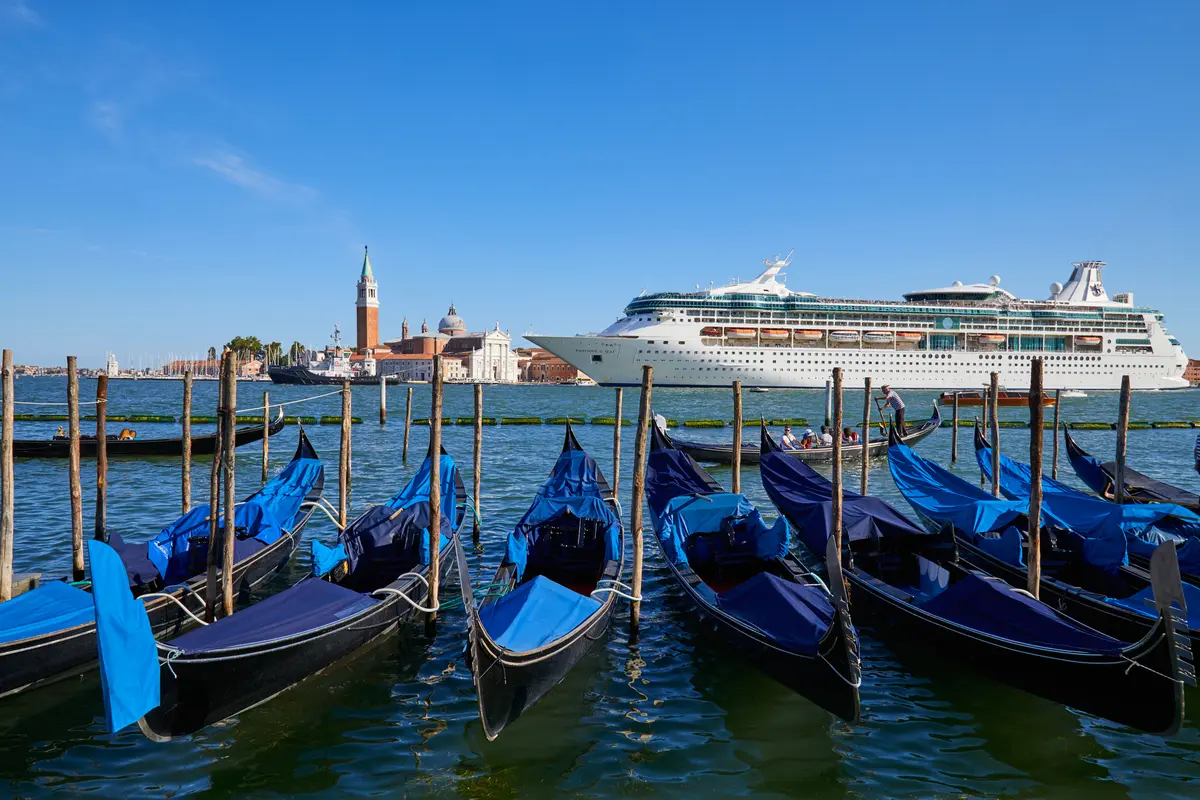
As more people than ever are choosing to travel around the world, some popular destinations are pushing back on encouraging more tourists.
Whether it's limiting the amount of cruise ships that can visit in a day, or banning ships from city centers, anti-tourism is one of the top concerns for Royal Caribbean Group CEO Jason Liberty.
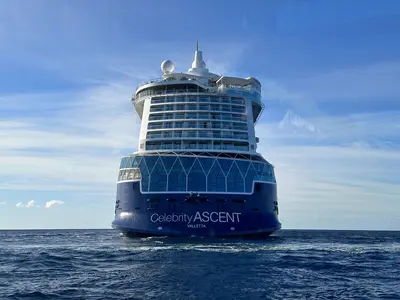
While speaking aboard Celebrity Ascent, Mr. Liberty was asked what he thought was the biggest threat to the cruise industry.
"There are parts of the world that the volume of passengers going to those locations create a local sentiment of anti tourism movement," is what he responded with first.
He was also quick to point out that it's not necessarily cruise ships that evoke that reaction. He mentioned Airbnb as an example of something else causing elevated tourist numbers.
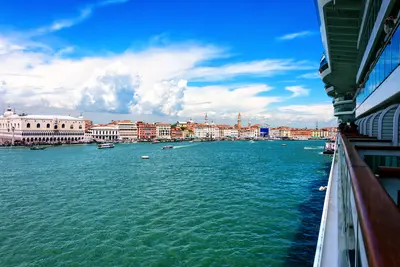
European cities such as Amsterdam, Barcelona and Venice have recently moved to get rid of cruise ships from their city centers.
Venice banned cruise ships in 2021 and has went as far as to introduce an entrance fee of €3 to €10 to access the city and its islands to reduce the number of visitors.
In Amsterdam, they voted to ban cruise ships from coming into the city after instituting a "discouragement campaign," that did things such as ban outdoor marijuana smoking in the red-light district and put posters around the city that told young British men to "stay away."
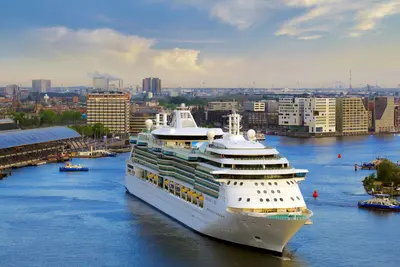
Regarding cruise ships, Amsterdam officials argued cruise ships in the city, "do not fit in with the task of combating mass tourism and are not in line with the sustainable ambitions of the city."
A prediction by the World Tourism Organization is by the end of this decade, the flow of international tourists will exceed two billion.
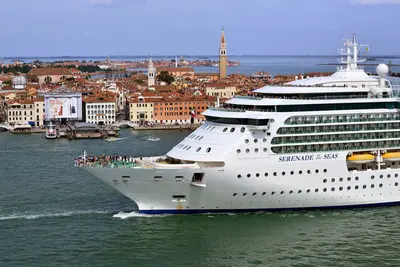
To address it, Mr. Liberty sees a changing gameplan, "we need to be sensitive to make sure that we continue to diversify our destinations. We need to continue to build incredible concepts like the Perfect Days and beach clubs, et cetera across our brands."
He also said the company needs to keep its ear to the ground, "make sure that we're really good listeners in our community, and we build up our communities that support us."
Reducing their carbon footprint
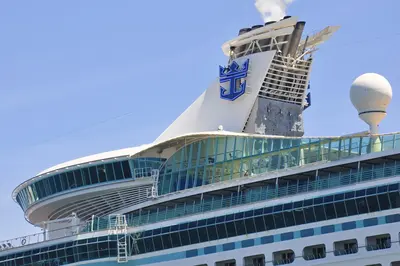
The other threat that Mr. Liberty sees is an environmental one.
"The second thing, which I think is just we all, you know, we're all trying to figure it out, which is how do we decarbonize or how do we get to a net zero emissions basis," he went on to say in his response to the initial question.
Companies around the world are looking for solutions to getting to carbon neutral, and Royal Caribbean Group is no stranger to this task, "we spend hours around the clock trying to figure out how do we solution that. And so we need to make sure that we're set on a path to prepare ourselves to take on alternative fuels as they become available."
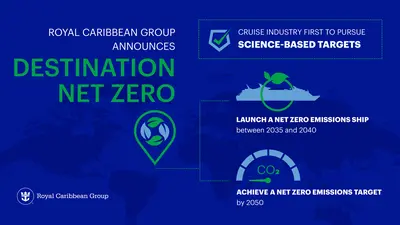
The company already has a plan in place to be carbon neutral by 2050, known as "Destination Net Zero".
Announced in 2021, it has two primary goals: get to net zero emissions by 2050 and take delivery of a net zero emissions cruise ship by 2035.
To achieve this, there isn't one thing to do, but a series of steps. As an example, the company has experimented with using biofuels on some of its ships.

Royal Caribbean Group said it plans to continue to use alternative lower carbon fuel as part of its overall plan.
In addition to biofuels, Royal Caribbean Group is building ships that can leverage liquefied natural gas, or LNG, to reduce emissions.
Incredible tailwinds

While those issues that Mr. Liberty brought up are challenges, he sees a very positive outlook for cruising.
He sees a lot of demand for a cruise vacation, "the tailwinds for cruise on the demographic standpoint, secular trend standpoint, population standpoint is really exceptional compared to other forms of travel and other and other forms of where people spend their consumer discretionary dollars."
"The propensity to cruise is at all time highs," he explained.
"As the younger generations come in, as people started having more and more families and multigenerational families, as people have more time, whether that's through retirement, more discretionary funds, and most of all, as we kind of came through Covid, we all really appreciated what we have."


